The parliamentary pension fund for MPs is still investing in fossil fuels despite parliament declaring a climate emergency, new figures show.
The fund is still heavily invested in Shell (£8m) and BP (£4.4m) despite over 350 current and former MPs backing a campaign to set a good example by diverting cash elsewhere.
MPs have however welcomed news in the fund’s latest filings that it is increasingly shifting its cash towards renewable energy – with five per cent of investments going to the green sector for the first time.
Download the new Independent Premium app
Sharing the full story, not just the headlines
“Investing in clean energy is clearly the right thing to do, financially and for the future of our planet, so I’m glad the Parliamentary Pension Fund is doing this. But it has to also stop investing in Shell and BP,” said Caroline Lucas, Green Party MP for Brighton Pavilion, who has championed the cross-party Divest Parliament initiative.
“Parliament declared a climate emergency nearly a year ago, and the parliamentary pension fund needs to fall into line with this by ending the support for fossil fuels.
“These investments cannot be justified on ethical, environmental or financial grounds, and they undermine MPs’ credibility in addressing the climate emergency. They have to stop.”
Zarah Sultana, Labour MP for Coventry South, said: “The coronavirus pandemic is showing the devastating effects a major crisis can have to all areas of society. The climate crisis risks being even worse – unless we take urgent action.
“Transitioning our economy away from fossil fuels is paramount and Parliament must lead the way, which is why I joined the Divest Parliament initiative as a newly elected MP. My pension shouldn’t be used to fuel the climate crisis and I call on the trustees of our MP pension fund to divest fully from fossil fuel companies.”
Even government ministers have previously called for pension funds in general to “shift their portfolios towards renewable energy and away from fossil fuels”.
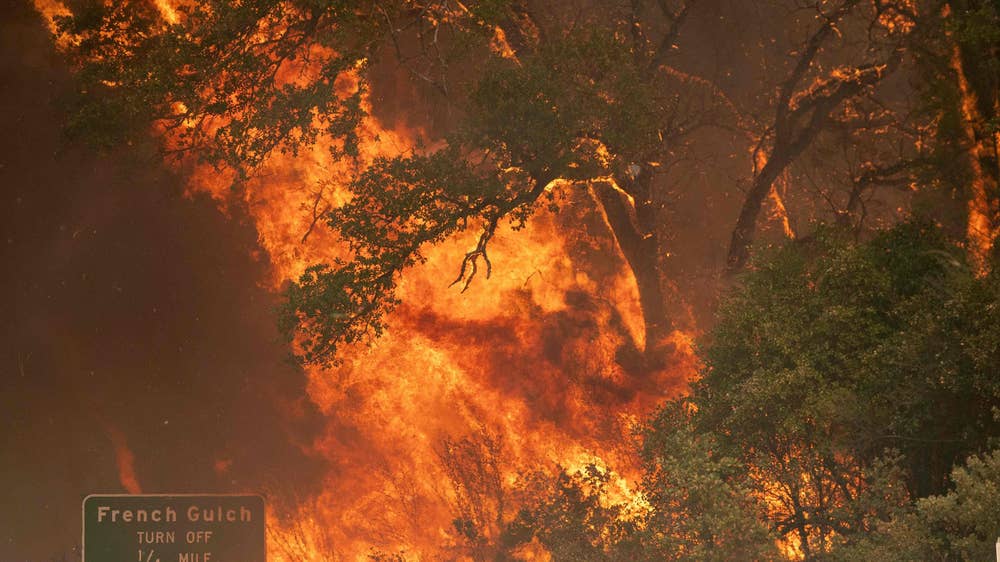
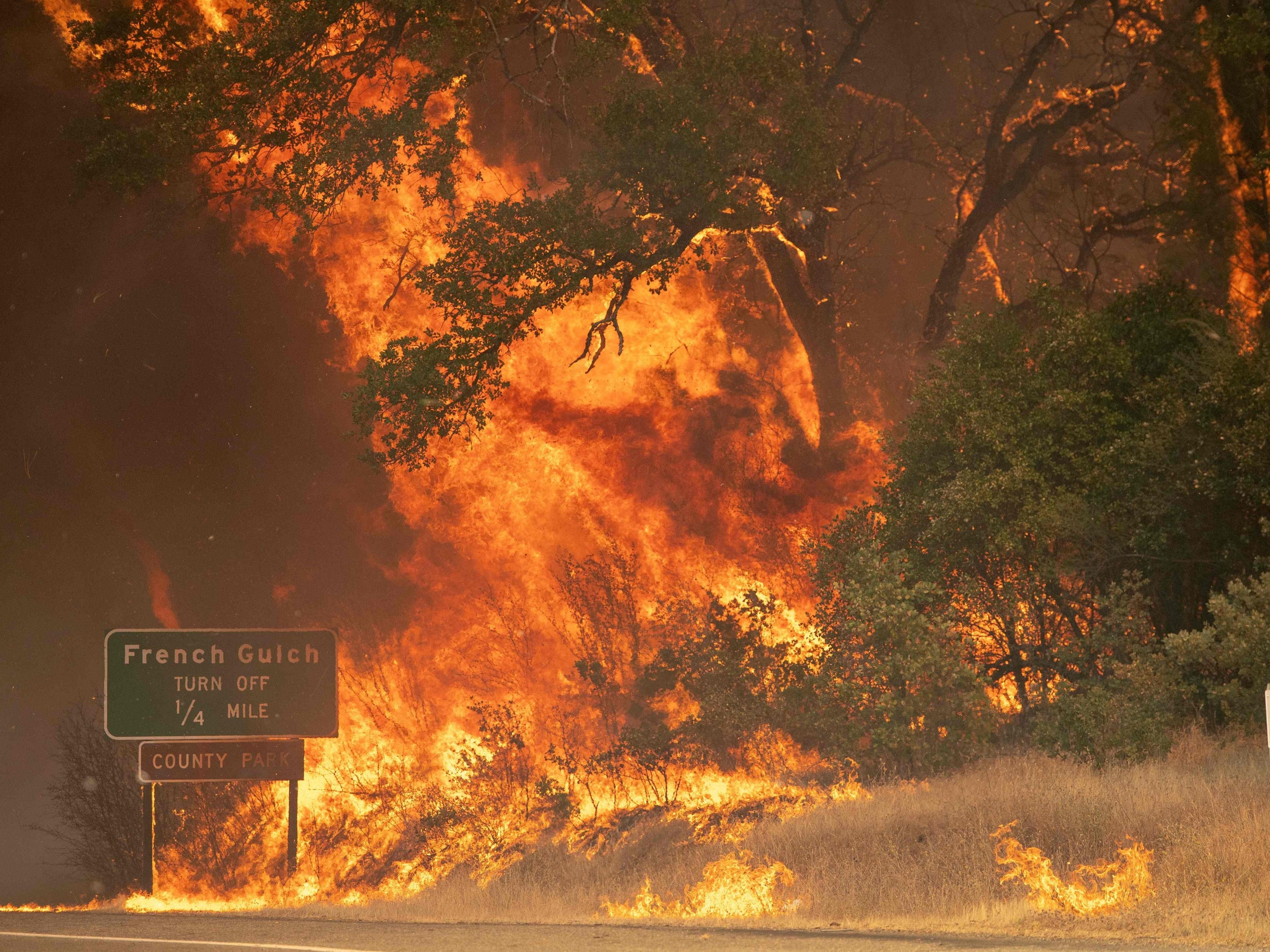
1/20 California
In this decade, humans have become ever more aware of climate change. Calls for leaders to act echo around the globe as the signs of a changing climate become ever more difficult to ignore
Getty
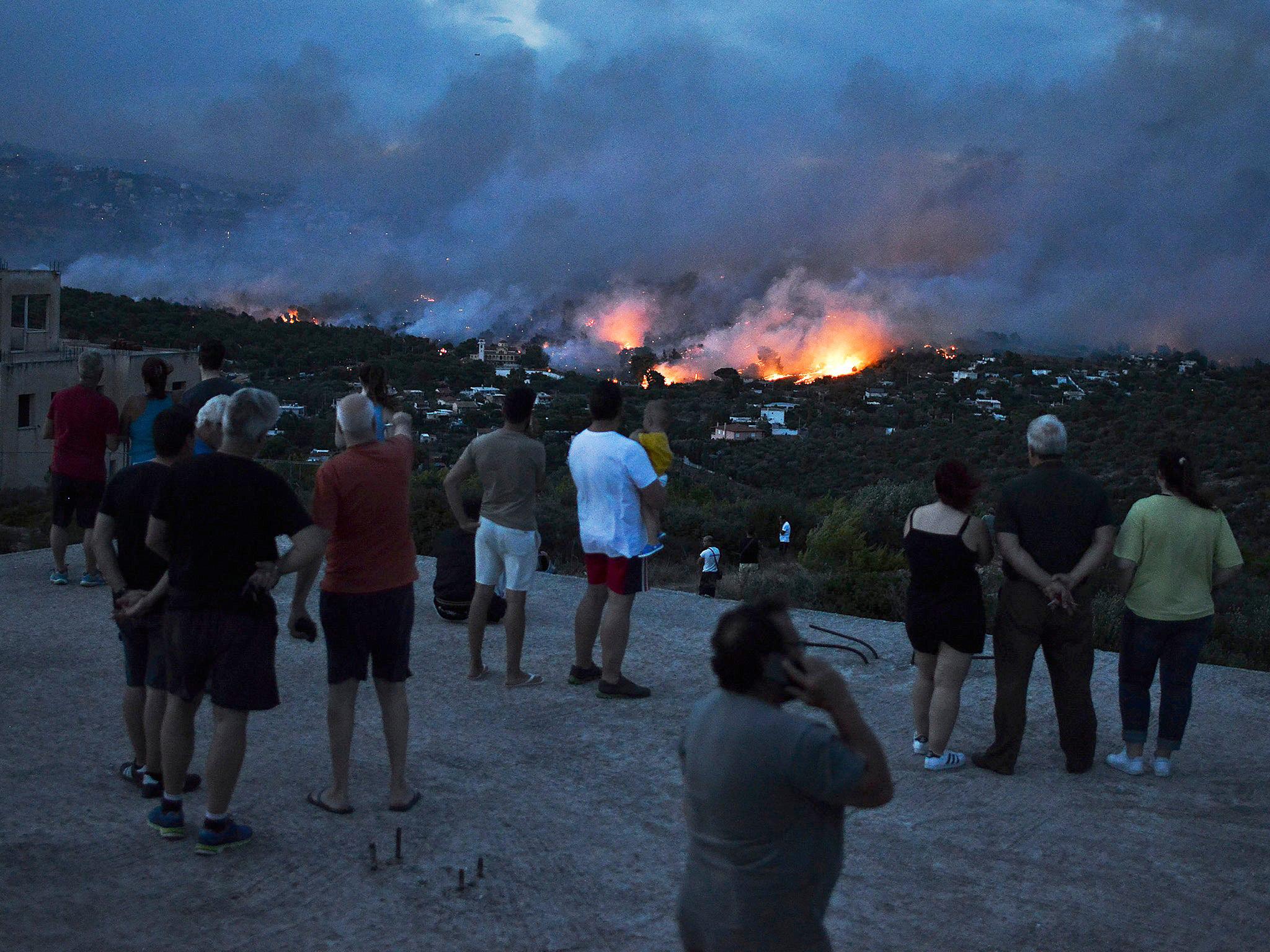
2/20 Athens, Greece
Fierce wildfires have flared up in numerous countries. The damage being caused is unprecedented: 103 people were killed in wildfires last year in California, one of the places best prepared, best equipped to fight such blazes in the world
AFP/Getty
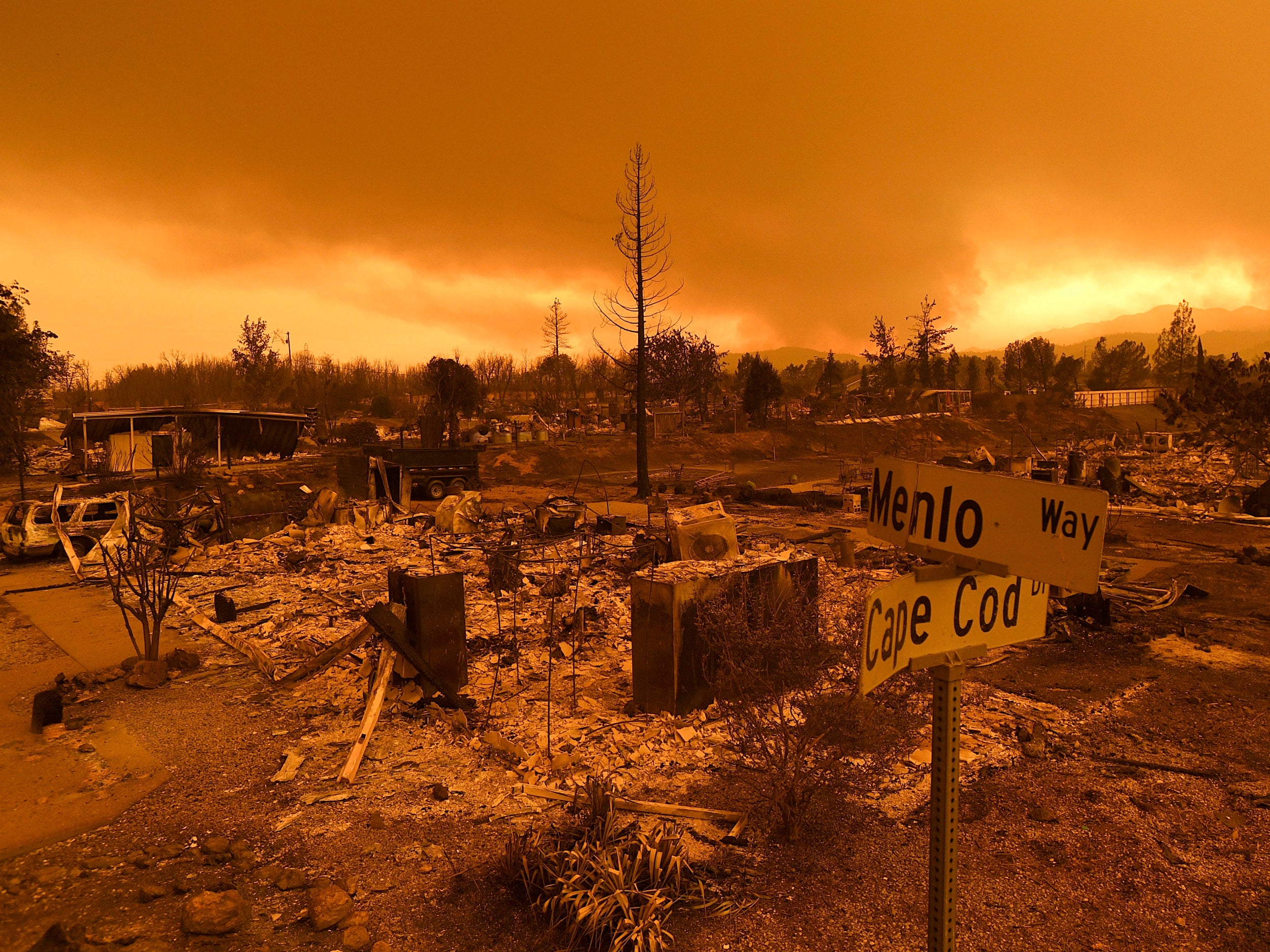
3/20 Redding, California
Entire towns have been razed. The towns of Redding and Paradise in California were all but eliminated in the 2018 season
AP
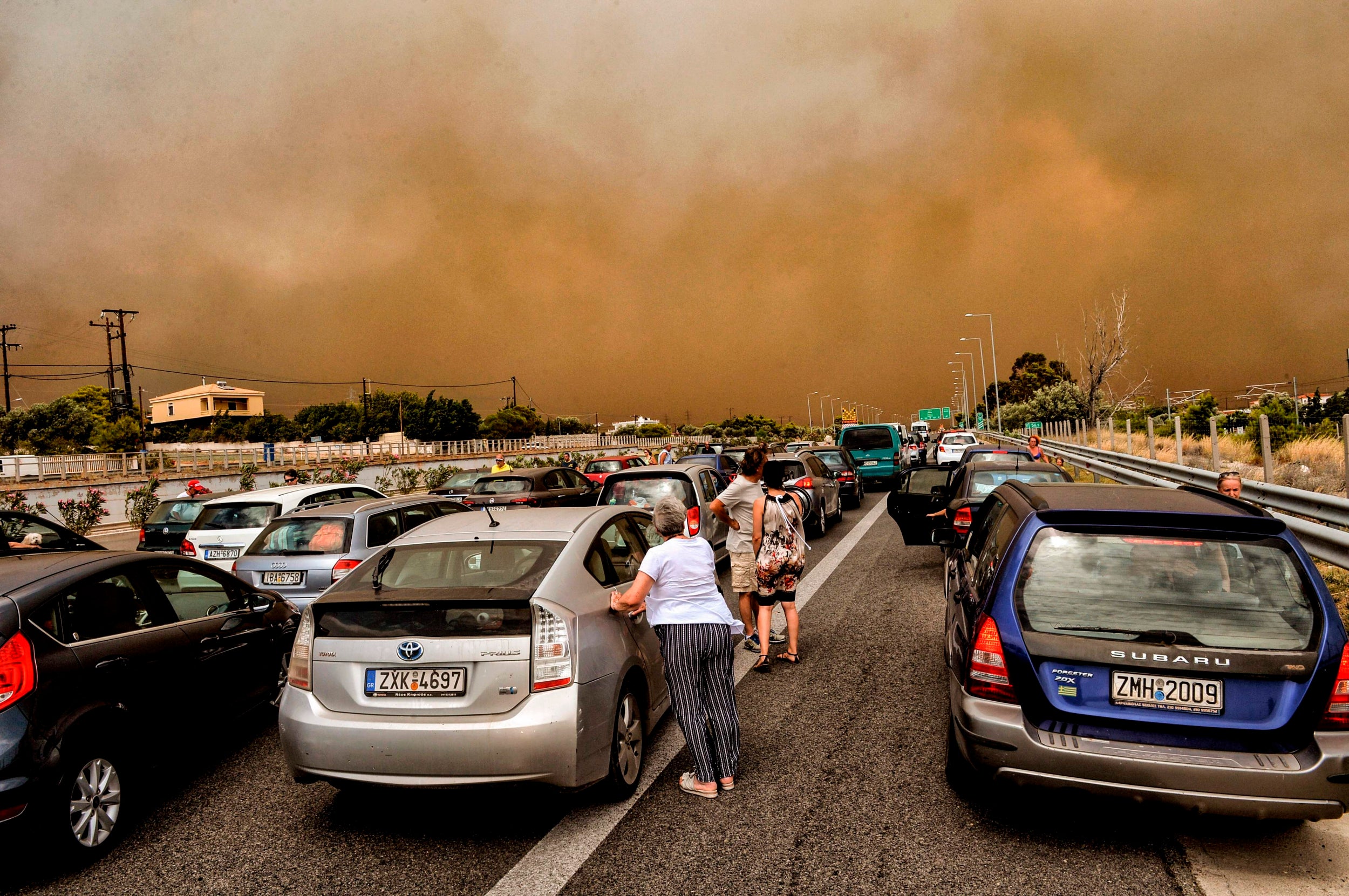
4/20 Athens, Greece
While wildfires in Greece (pictured), Australia, Indonesia and many other countries have wrought chaos to infrastructure, economies and cost lives
AFP/Getty
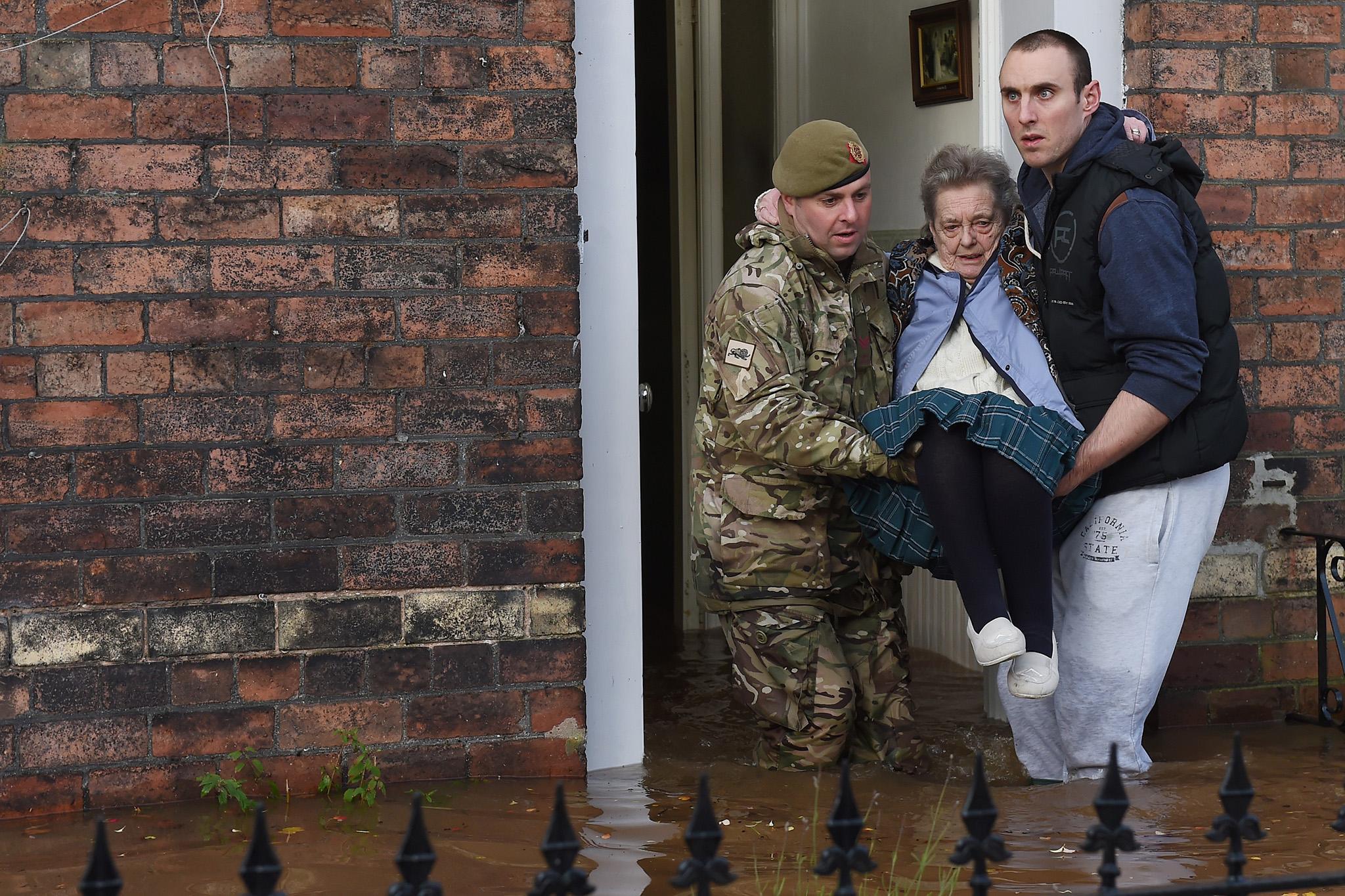
5/20 Carlisle, England
In Britain, flooding has become commonplace. Extreme downpours in Carlisle in the winter of 2015 saw the previous record flood level being eclipsed by two feet
AFP/Getty
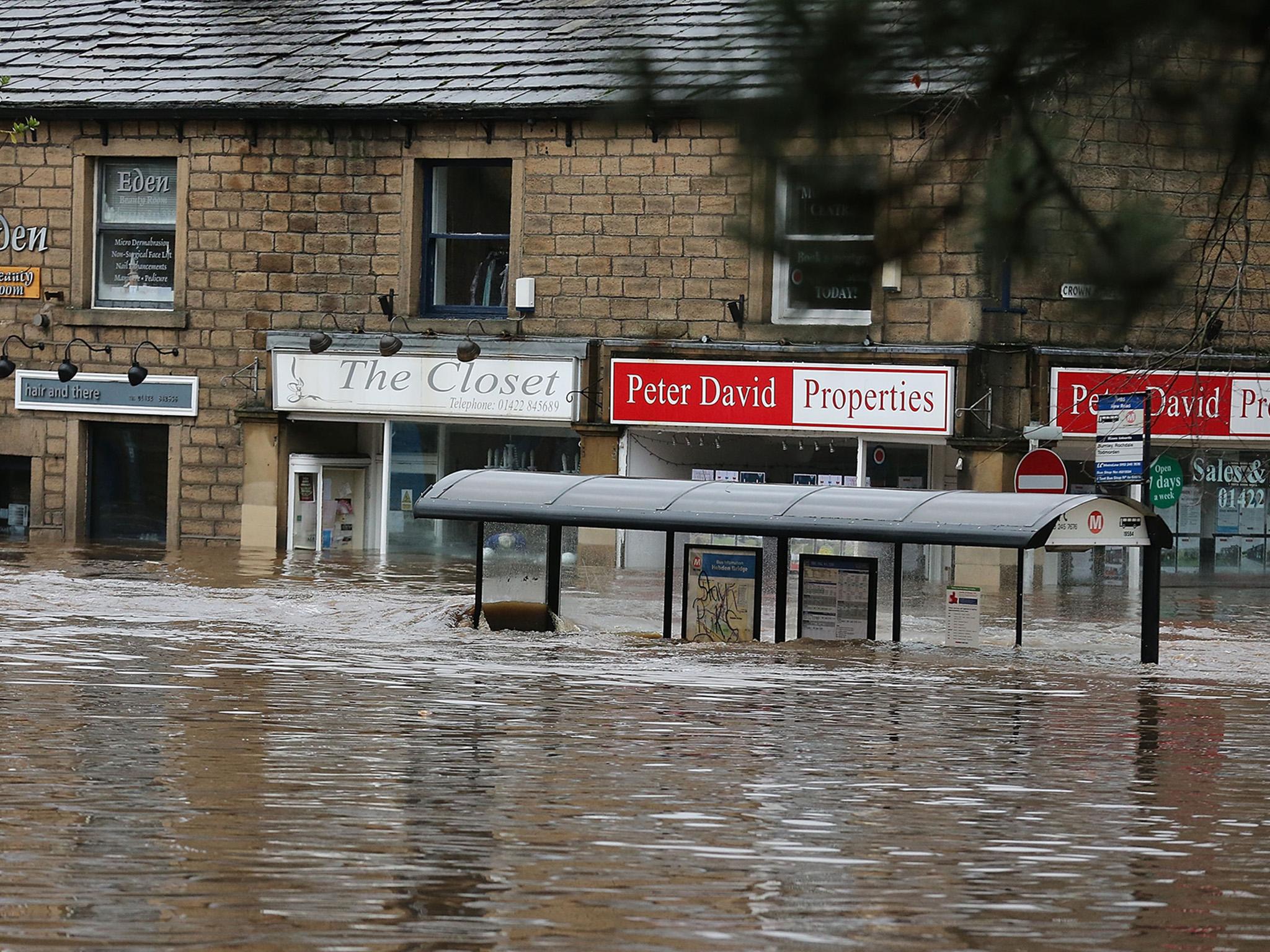
6/20 Hebden Bridge, England
Hebden Bridge in West Yorkshire has flooded repeatedly in the past decade, with the worst coming on Christmas Day 2015. Toby Smith of Climate Visuals, an organisation focused on improving how climate change is depicted in the media, says: “Extreme weather and flooding, has and will become more frequent due to climate change. An increase in the severity and distribution of press images, reports and media coverage across the nation has localised the issue. It has raised our emotions, perception and personalised the effects and hazards of climate change.”
Getty
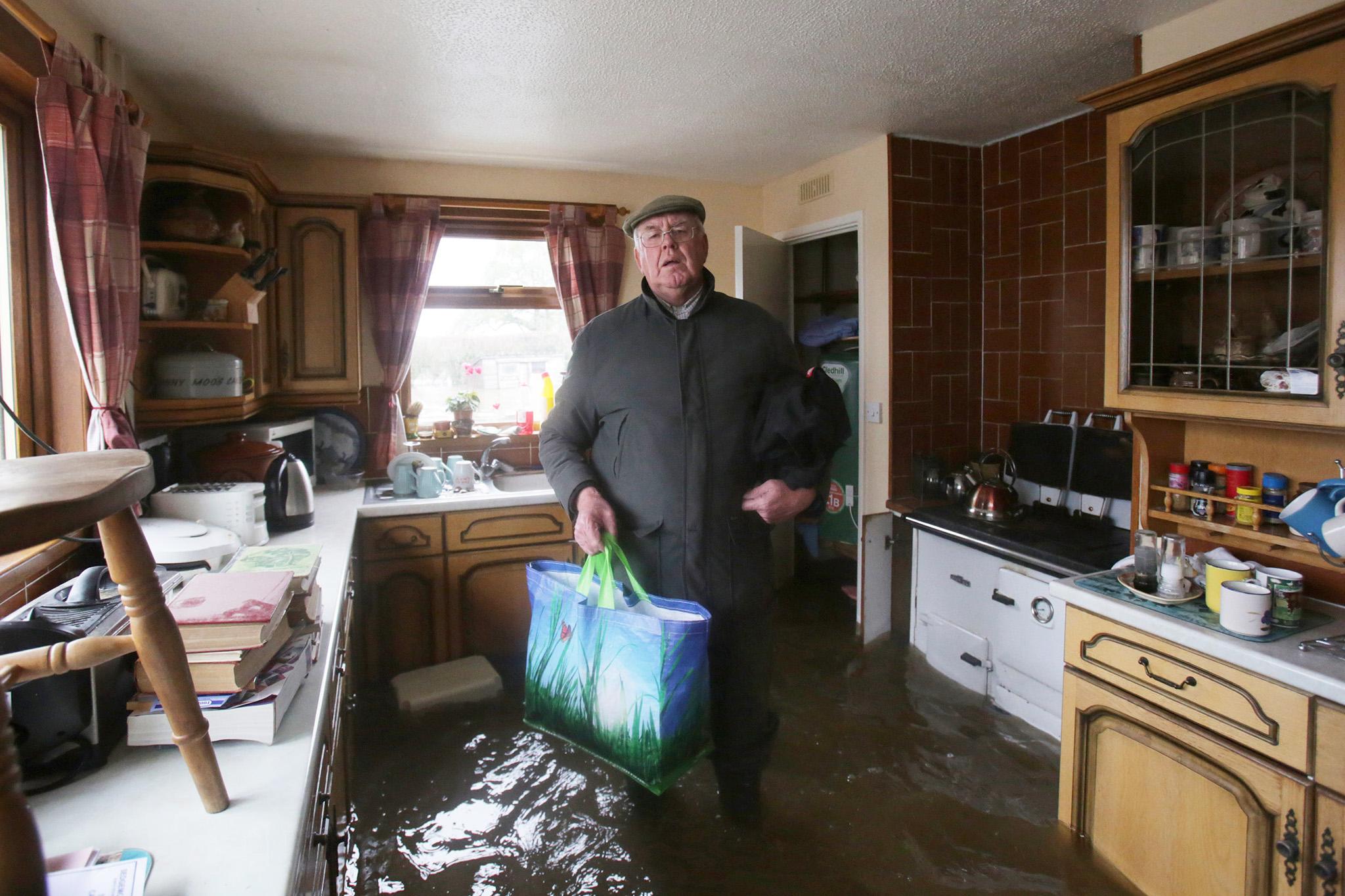
7/20 Somerset, England
Out west in Somerset, floods in 2013 led to entire villages being cut off and isolated for weeks
Getty
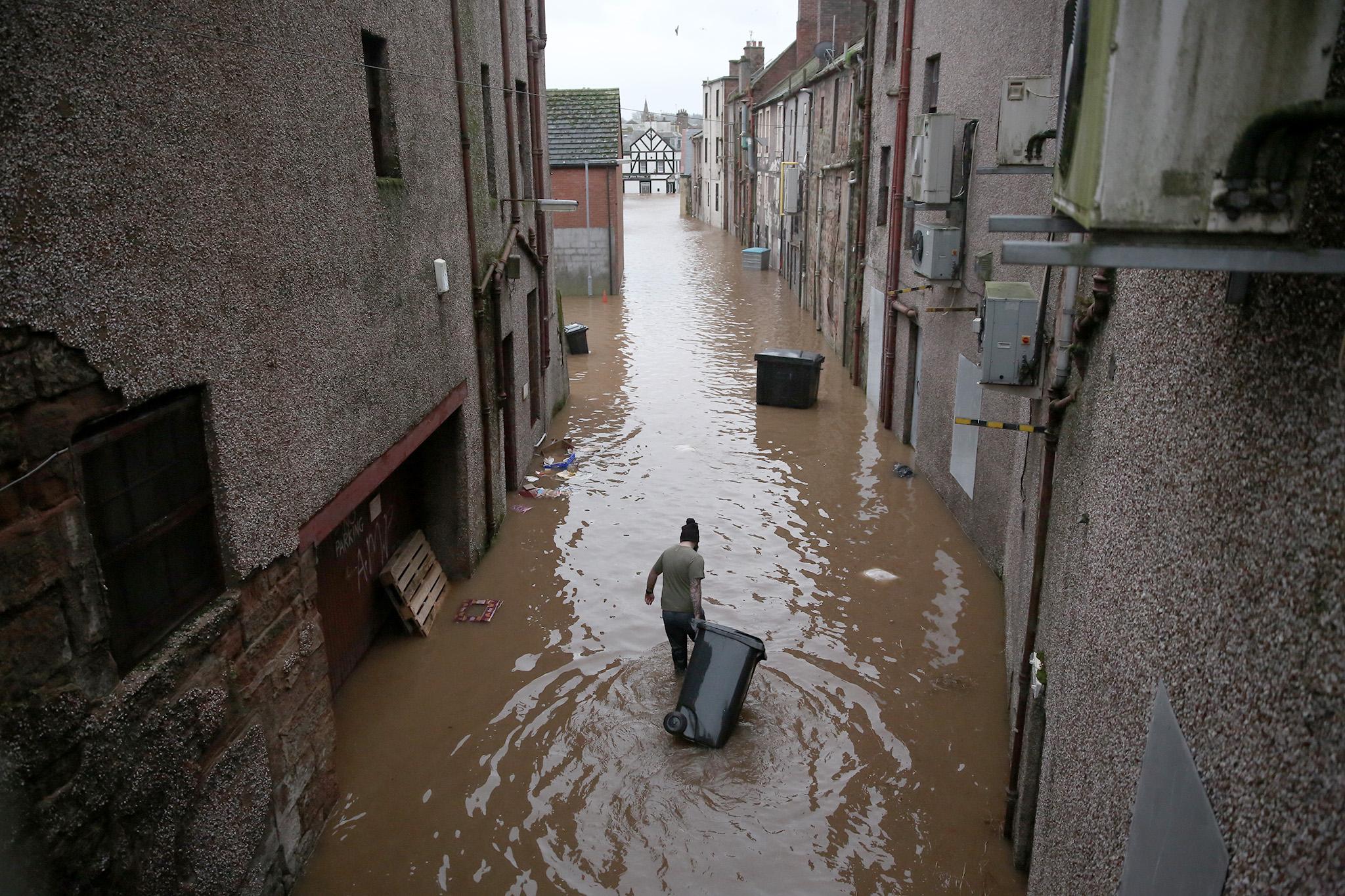
8/20 Dumfries, Scotland
“In summer 2012, intense rain flooded over 8000 properties. In 2013, storms and coastal surges combined catastrophically with elevated sea levels whilst December 2015, was the wettest month ever recorded. Major flooding events continued through the decade with the UK government declaring flooding as one of the nation’s major threats in 2017,” says Mr Smith of Climate Visuals
Getty
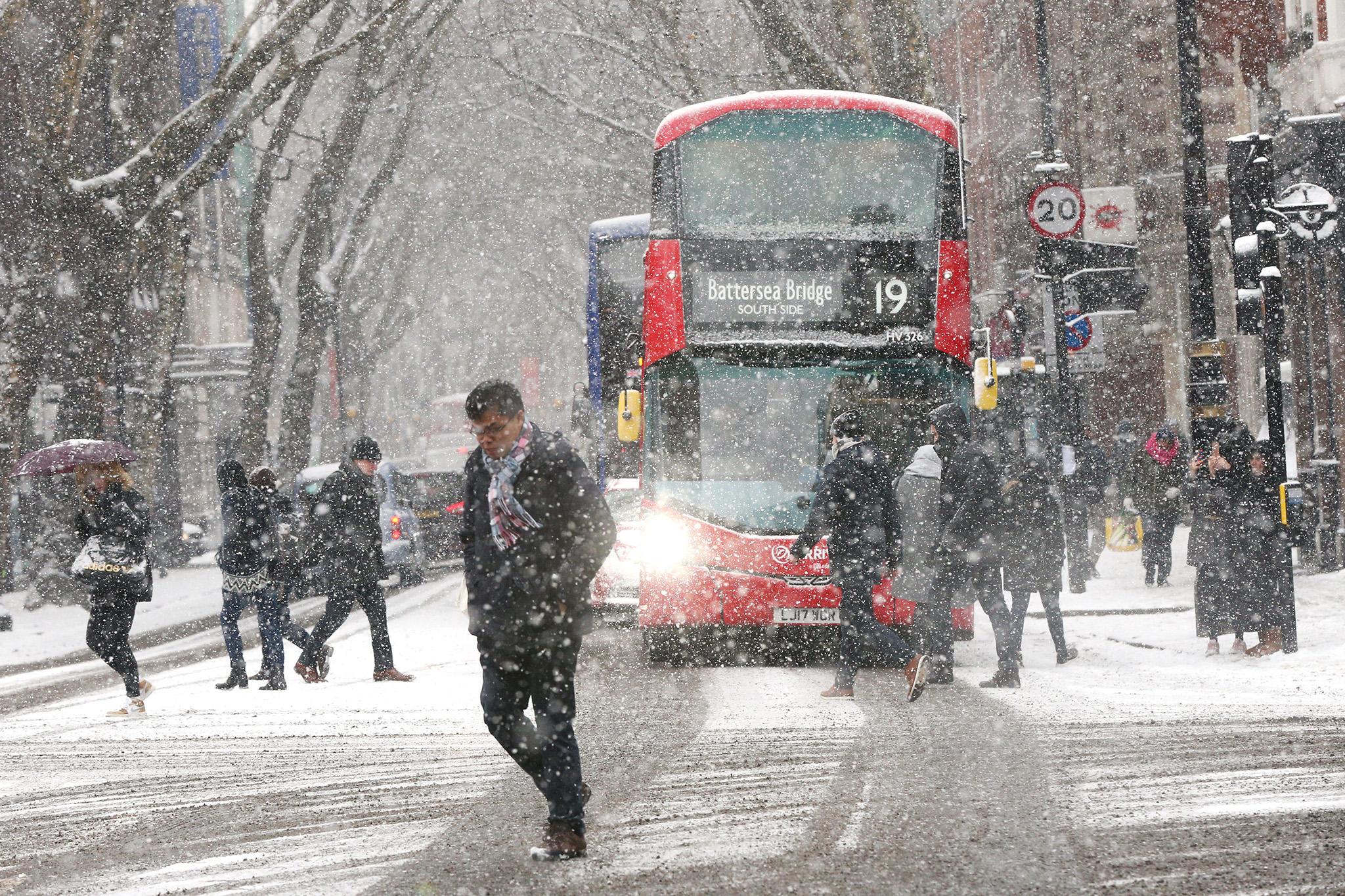
9/20 London, England
Weather has been more extreme in Britain in recent years. The ‘Beast from the East’ which arrived in February 2018 brought extraordinarily cold temperatures and high snowfall. Central London (pictured), where the city bustle tends to mean that snow doesn’t even settle, was covered in inches of snow for day
PA
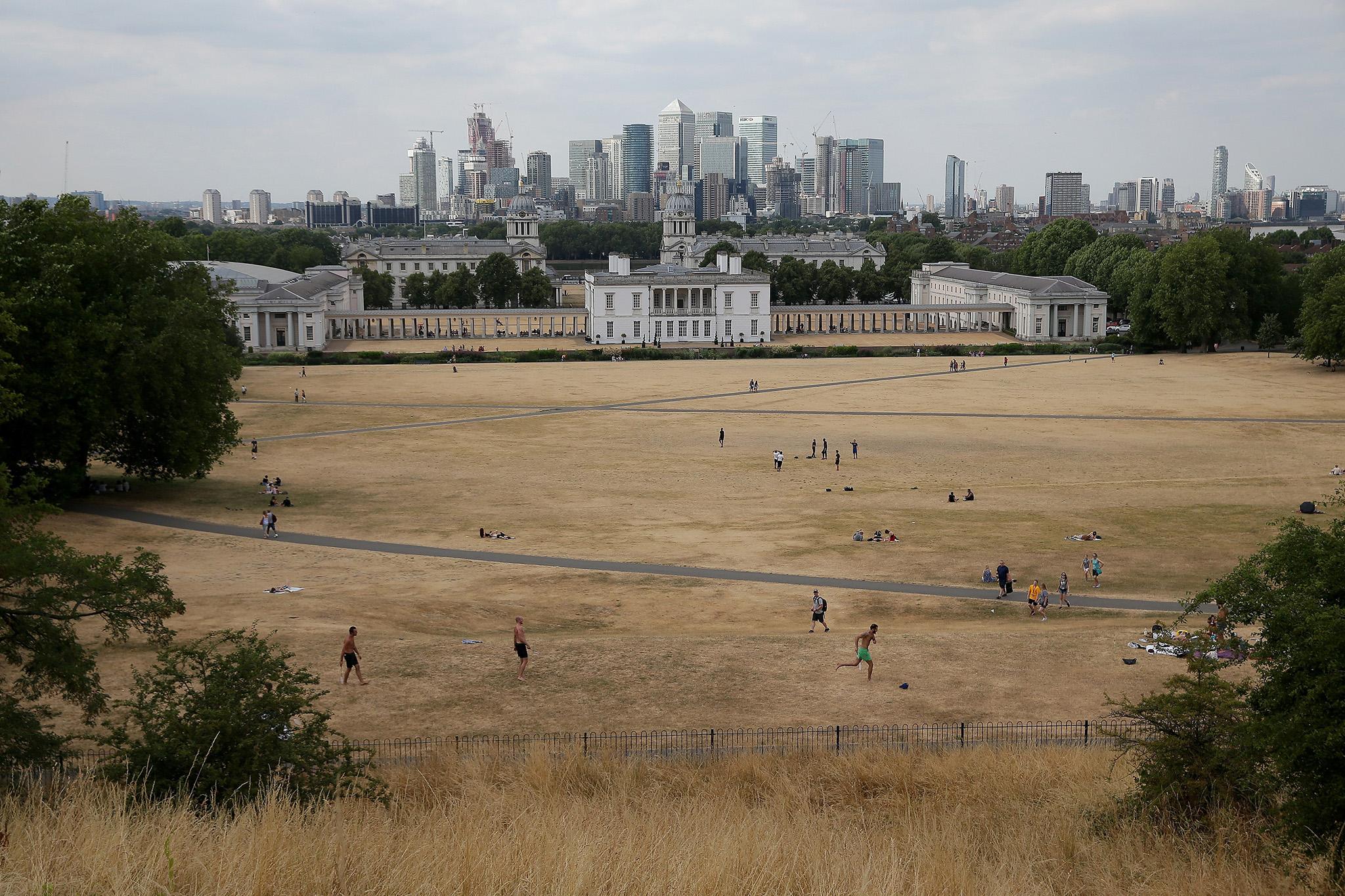
10/20 London, England
Months after the cold snap, a heatwave struck Britain, rendering the normally plush green of England’s parks in Summer a parched brown for weeks
AFP/Getty

11/20 New South Wales, Australia
Worsening droughts in many countries have been disastrous for crop yields and have threatened livestock. In Australia, where a brutal drought persisted for months last year, farmers have suffered from mental health problems because of the threat to their livelihood
Reuters
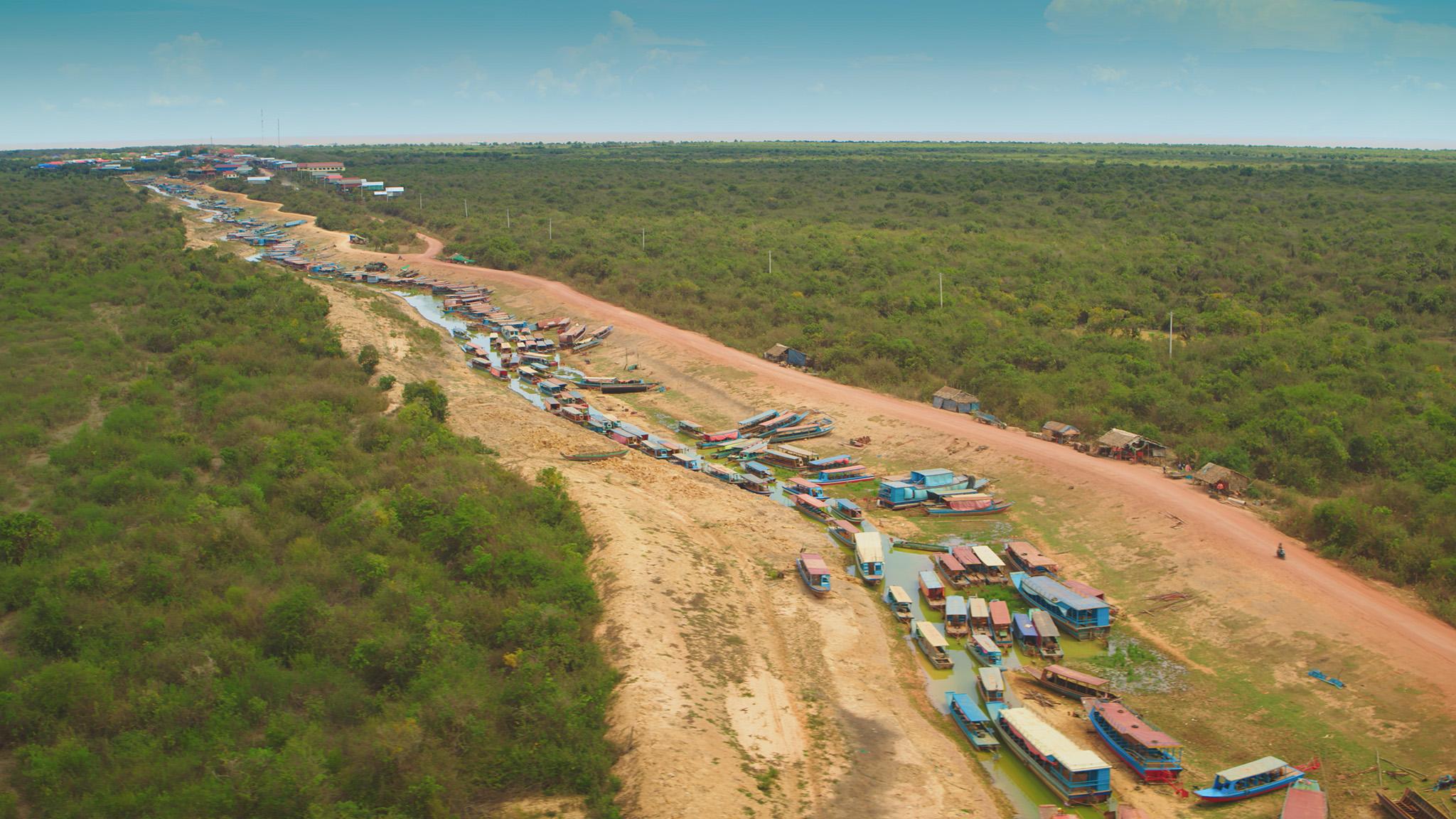
12/20 Tonle Sap, Cambodia
Even dedicated climate skeptic Jeremy Clarkson has come to recognise the threat of climate change after visiting the Tonle Sap lake system in Cambodia. Over a million people rely on the water of Tonle Sap for work and sustinence but, as Mr Clarkson witnessed, a drought has severley depleted the water level
Carlo Frem/Amazon
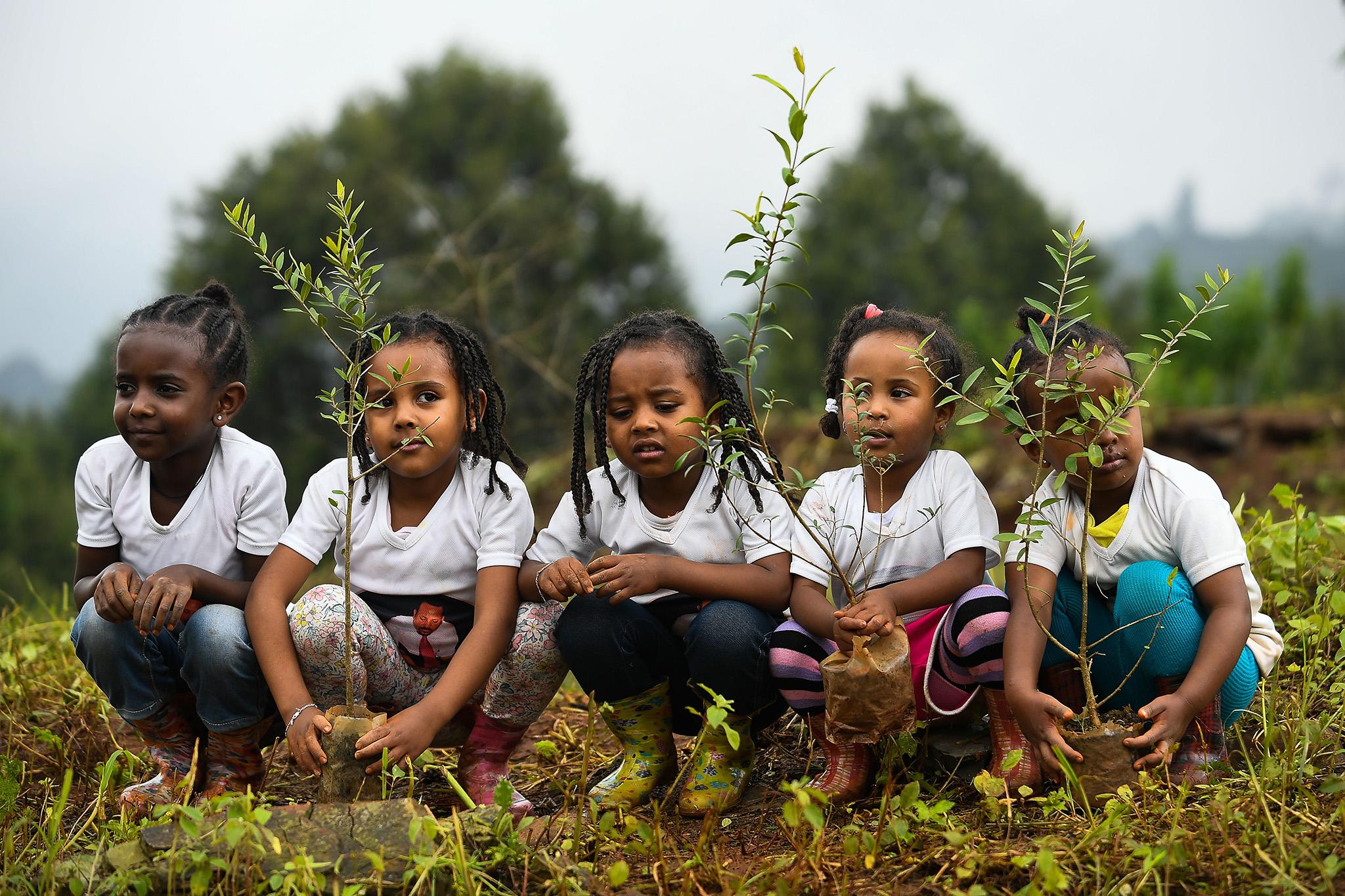
13/20 Addis Ababa, Ethiopia
In reaction to these harbingers of climate obliteration, some humans have taken measures to counter the impending disaster. Ethiopia recently planted a reported 350 million trees in a single day
AFP/Getty
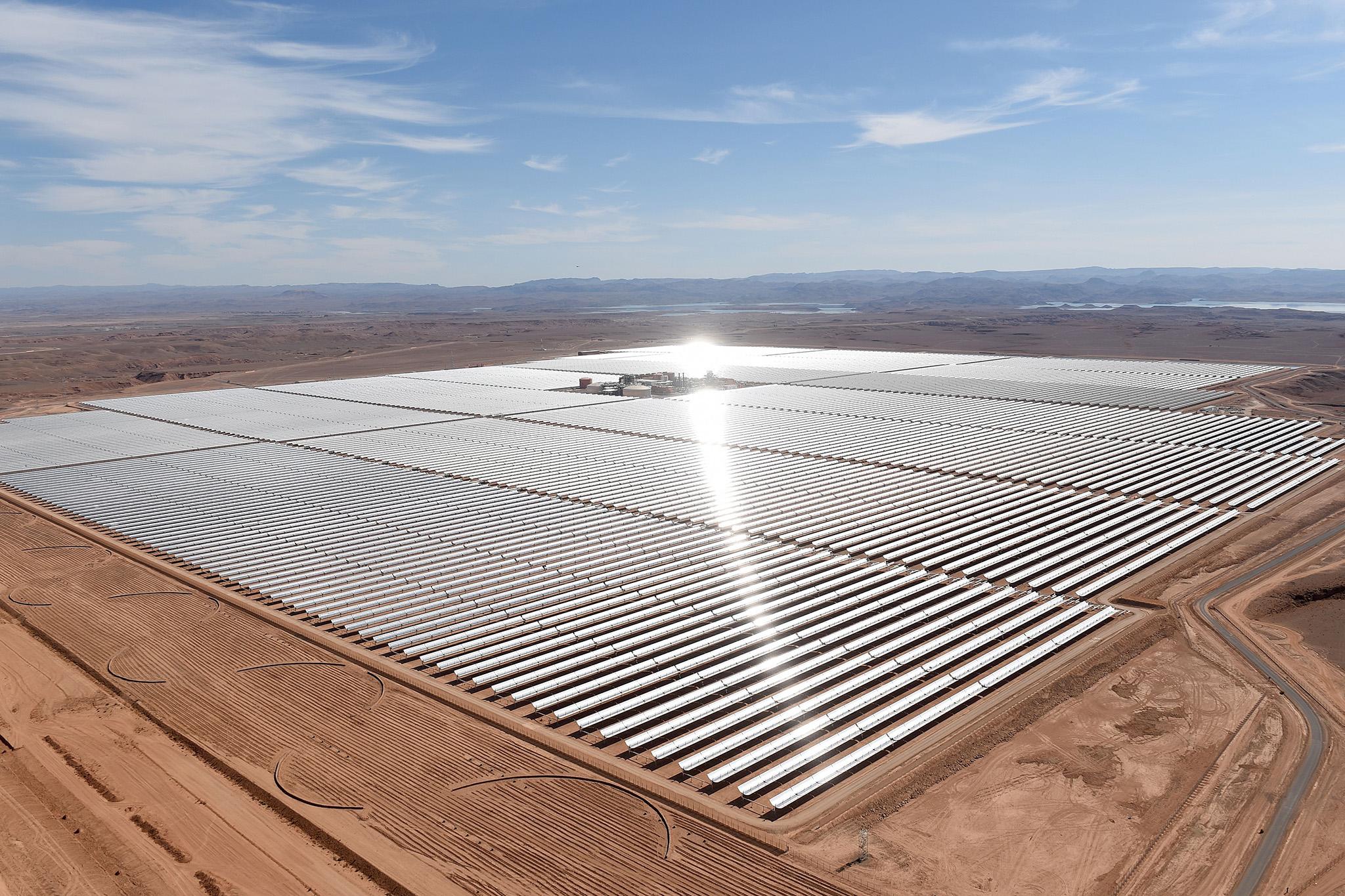
14/20 Morocco
Morocco has undertaken the most ambitious solar power scheme in the world, recently completing a solar plant the size of San Francisco
AFP/Getty
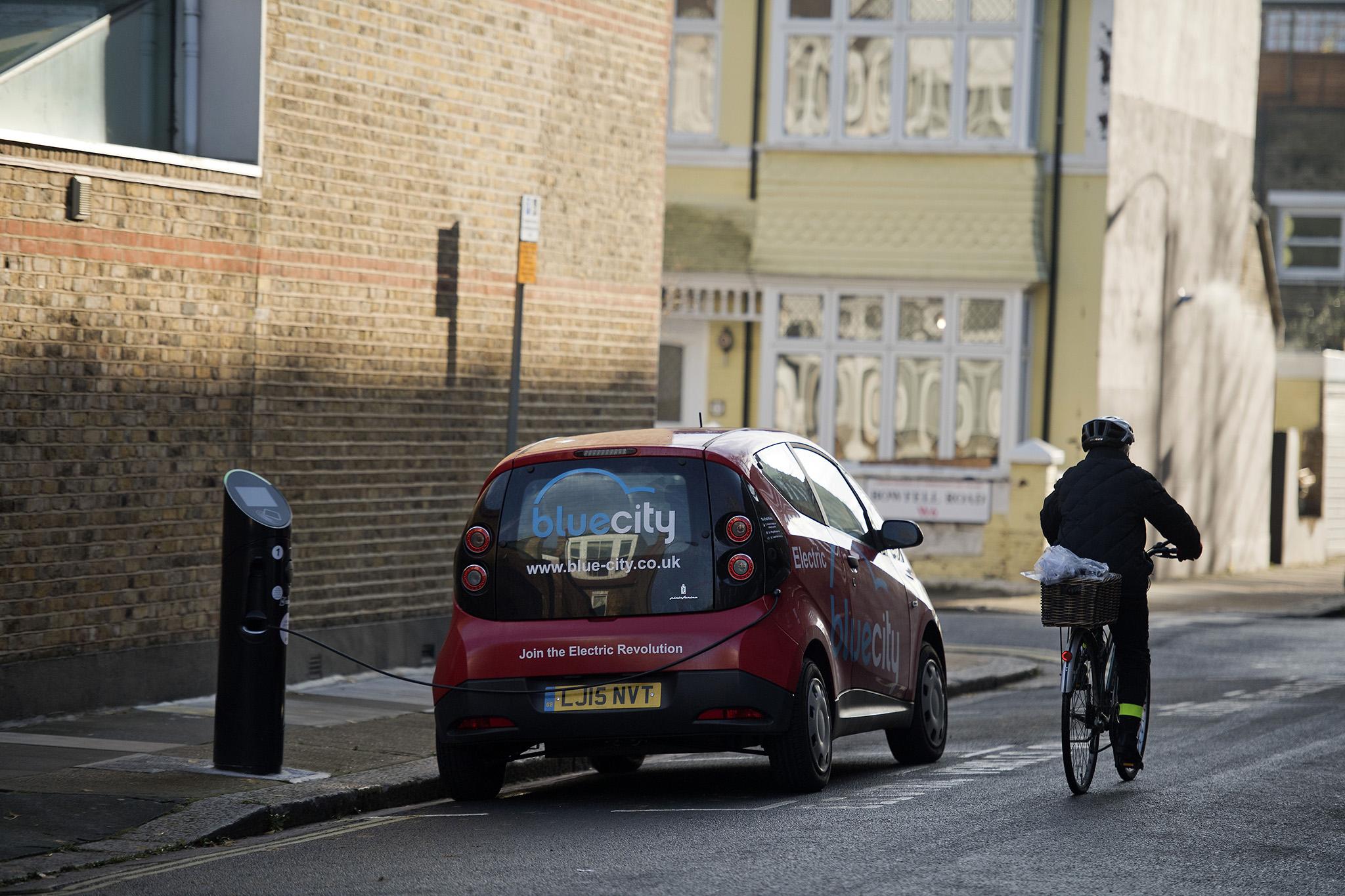
15/20 London, England
Electric cars are taking off as a viable alternative to fossil fuel burning vehicles and major cities across the world are adding charging points to accomodate
AFP/Getty
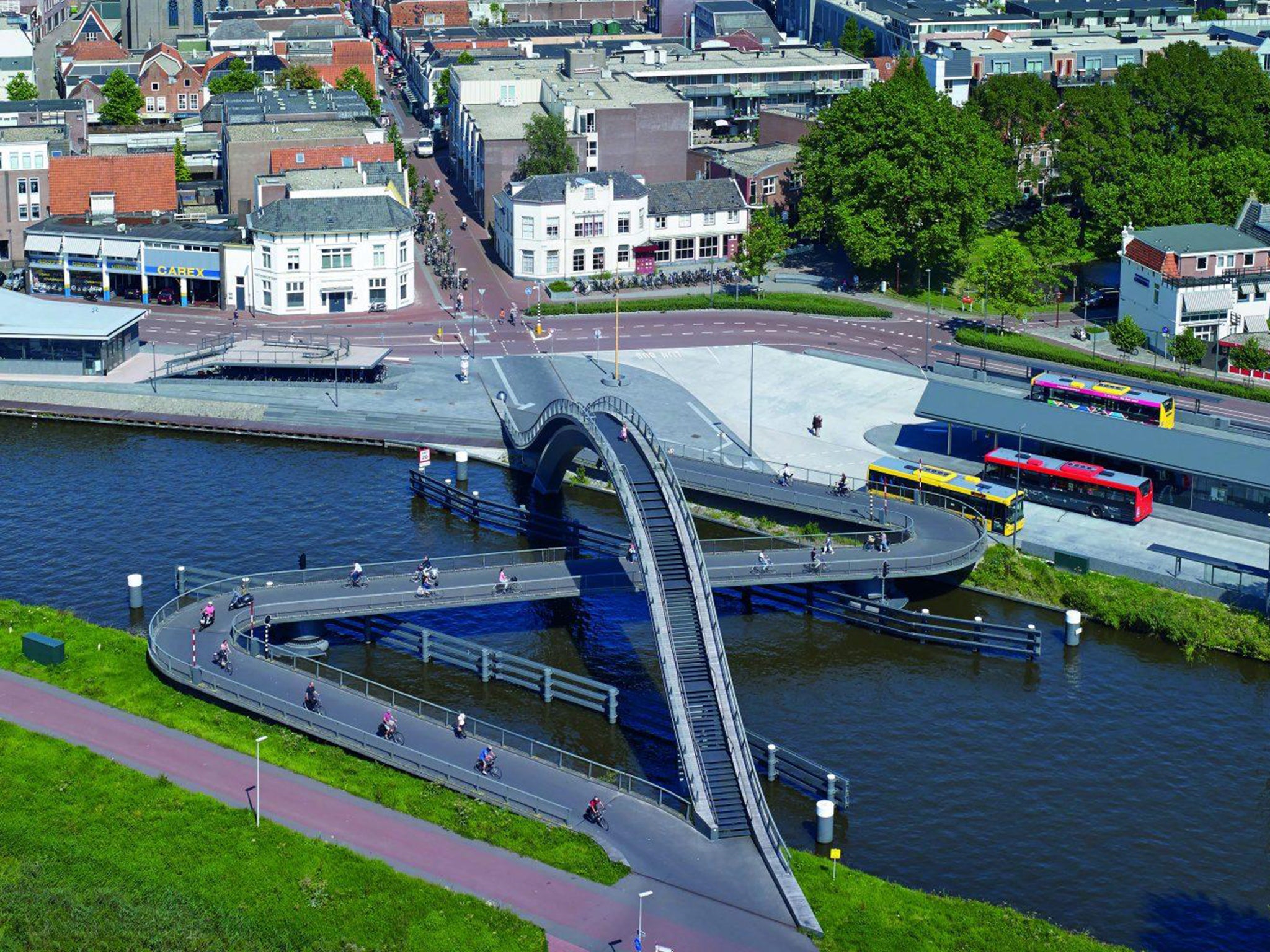
16/20 Purmerend, The Netherlands
Cities around the world are embracing cycling too, as a clean (and healthy) mode of transport. The Netherlands continues to lead the way with bikes far outnumbering people
Jeroen Much/Andras Schuh
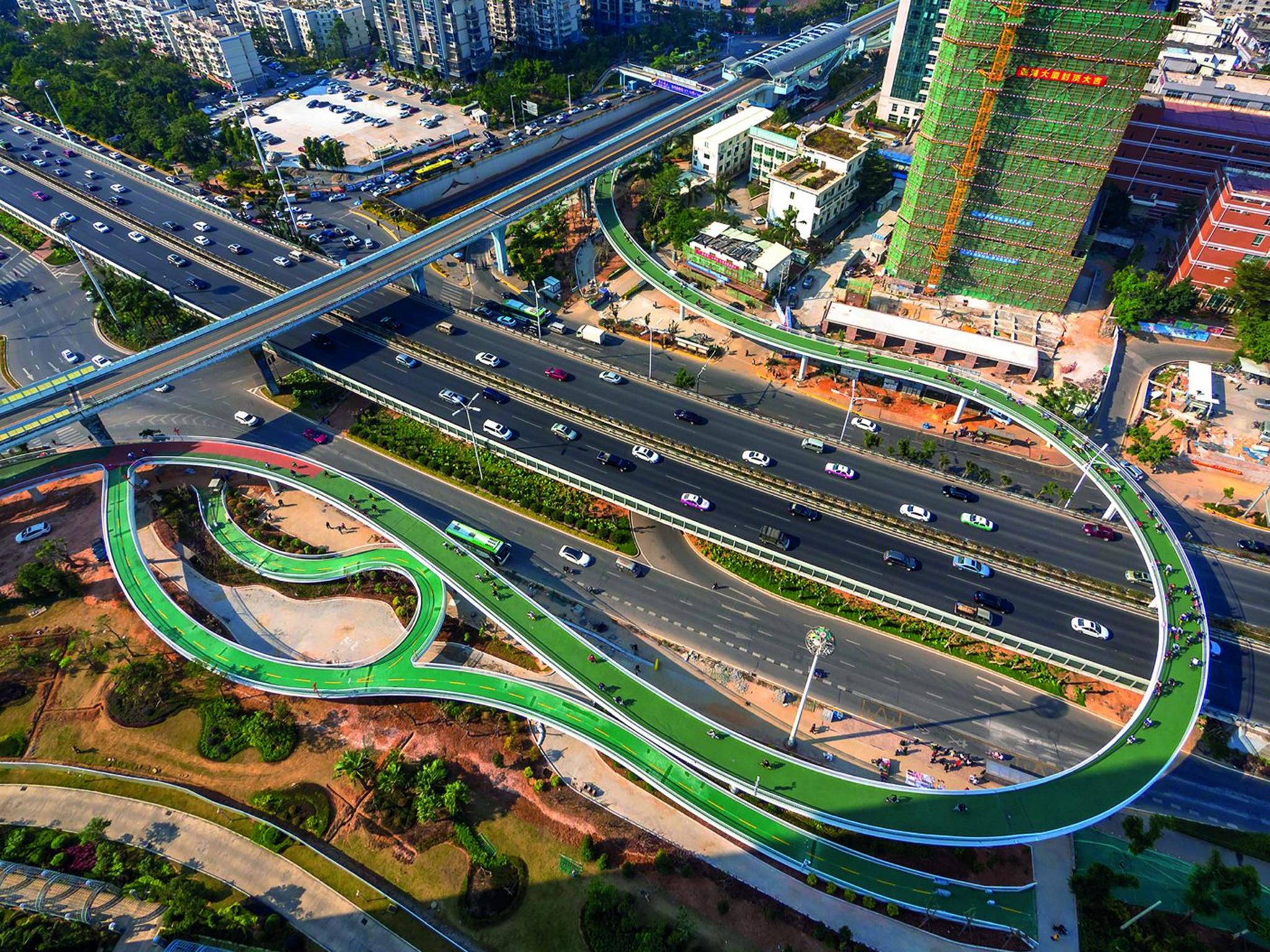
17/20 Xiamen, China
Cycling infrastructure is taking over cities the world over, in the hope of reducing society’s dependency on polluting vehicles
Ma Weiwei

18/20 Chennai, India
Despite positive steps being taken, humans continue to have a wildly adverse effect on the climate. There have been numerous major oil spills this decade, the most notable being the BP oil spill in the Gulf of Mexico in 2010
AFP/Getty
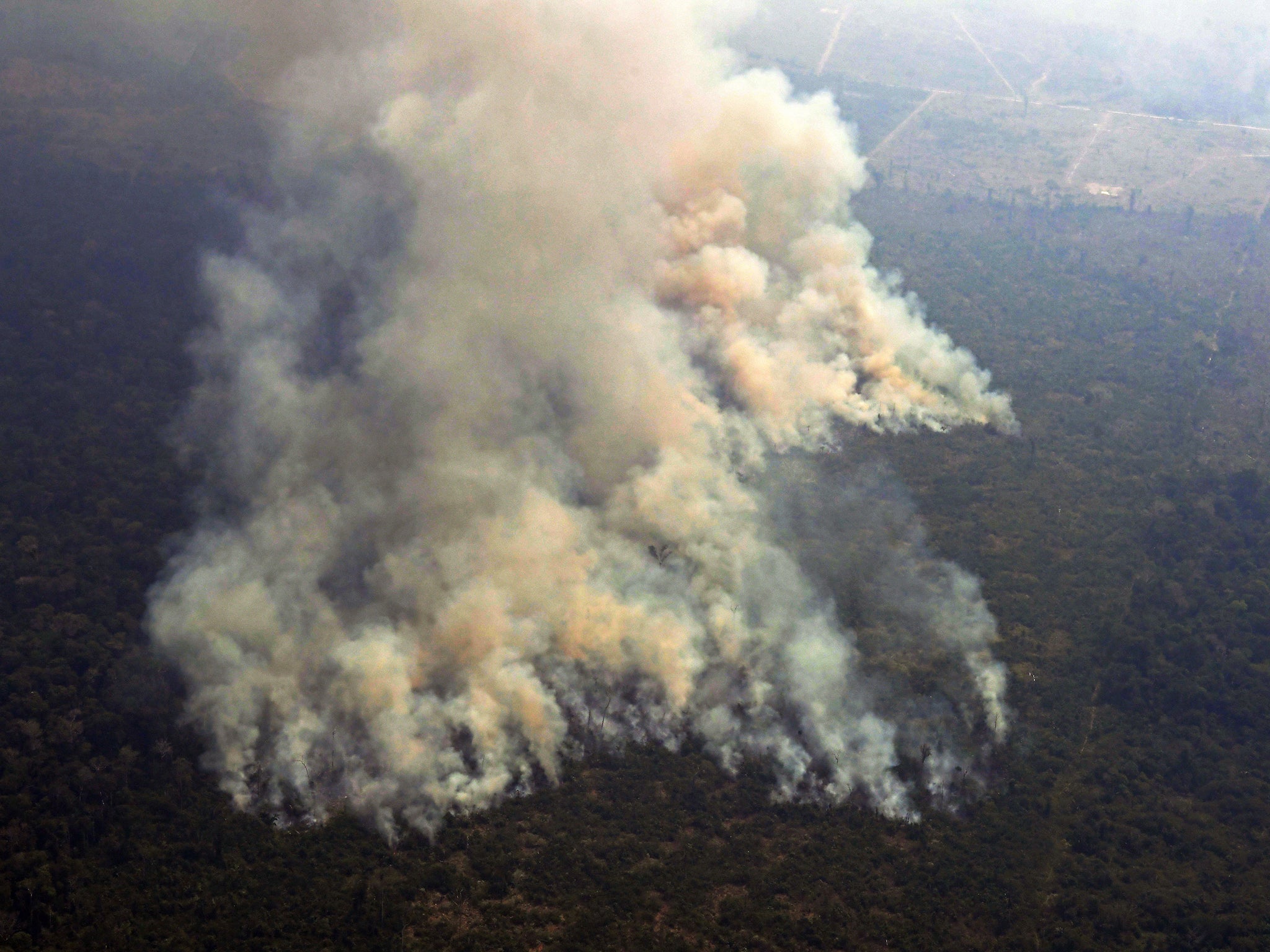
19/20 Amazon rainforest, Brazil
More recently, large swathes of the Amazon rainforest were set alight by people to clear land for agriculture
AFP/Getty
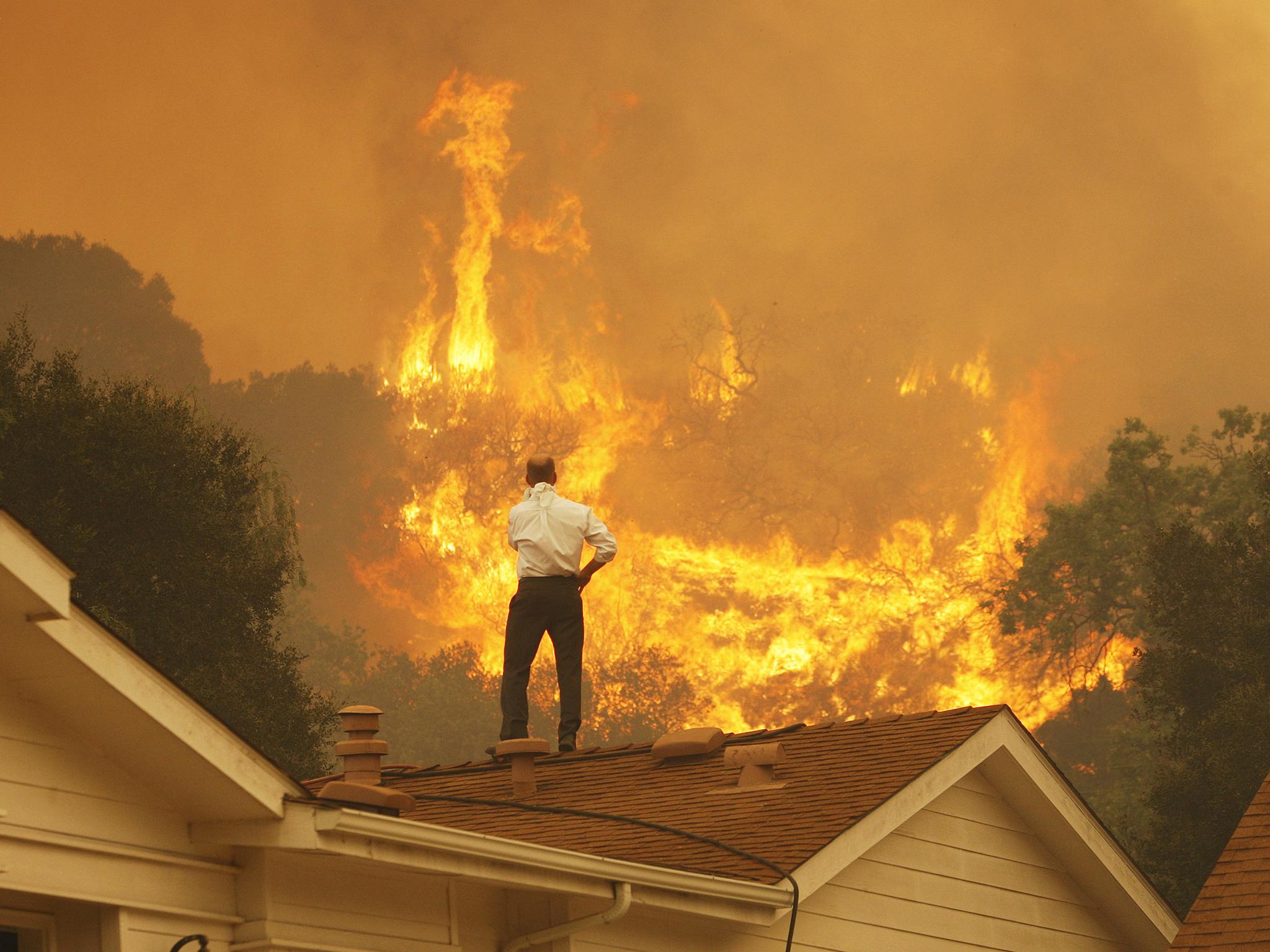
20/20 California
This decade may have seen horrors but it has led to an understanding that the next decade must see change if human life is to continue
Getty

1/20 California
In this decade, humans have become ever more aware of climate change. Calls for leaders to act echo around the globe as the signs of a changing climate become ever more difficult to ignore
Getty

2/20 Athens, Greece
Fierce wildfires have flared up in numerous countries. The damage being caused is unprecedented: 103 people were killed in wildfires last year in California, one of the places best prepared, best equipped to fight such blazes in the world
AFP/Getty

3/20 Redding, California
Entire towns have been razed. The towns of Redding and Paradise in California were all but eliminated in the 2018 season
AP

4/20 Athens, Greece
While wildfires in Greece (pictured), Australia, Indonesia and many other countries have wrought chaos to infrastructure, economies and cost lives
AFP/Getty

5/20 Carlisle, England
In Britain, flooding has become commonplace. Extreme downpours in Carlisle in the winter of 2015 saw the previous record flood level being eclipsed by two feet
AFP/Getty

6/20 Hebden Bridge, England
Hebden Bridge in West Yorkshire has flooded repeatedly in the past decade, with the worst coming on Christmas Day 2015. Toby Smith of Climate Visuals, an organisation focused on improving how climate change is depicted in the media, says: “Extreme weather and flooding, has and will become more frequent due to climate change. An increase in the severity and distribution of press images, reports and media coverage across the nation has localised the issue. It has raised our emotions, perception and personalised the effects and hazards of climate change.”
Getty

7/20 Somerset, England
Out west in Somerset, floods in 2013 led to entire villages being cut off and isolated for weeks
Getty

8/20 Dumfries, Scotland
“In summer 2012, intense rain flooded over 8000 properties. In 2013, storms and coastal surges combined catastrophically with elevated sea levels whilst December 2015, was the wettest month ever recorded. Major flooding events continued through the decade with the UK government declaring flooding as one of the nation’s major threats in 2017,” says Mr Smith of Climate Visuals
Getty

9/20 London, England
Weather has been more extreme in Britain in recent years. The ‘Beast from the East’ which arrived in February 2018 brought extraordinarily cold temperatures and high snowfall. Central London (pictured), where the city bustle tends to mean that snow doesn’t even settle, was covered in inches of snow for day
PA

10/20 London, England
Months after the cold snap, a heatwave struck Britain, rendering the normally plush green of England’s parks in Summer a parched brown for weeks
AFP/Getty

11/20 New South Wales, Australia
Worsening droughts in many countries have been disastrous for crop yields and have threatened livestock. In Australia, where a brutal drought persisted for months last year, farmers have suffered from mental health problems because of the threat to their livelihood
Reuters

12/20 Tonle Sap, Cambodia
Even dedicated climate skeptic Jeremy Clarkson has come to recognise the threat of climate change after visiting the Tonle Sap lake system in Cambodia. Over a million people rely on the water of Tonle Sap for work and sustinence but, as Mr Clarkson witnessed, a drought has severley depleted the water level
Carlo Frem/Amazon

13/20 Addis Ababa, Ethiopia
In reaction to these harbingers of climate obliteration, some humans have taken measures to counter the impending disaster. Ethiopia recently planted a reported 350 million trees in a single day
AFP/Getty

14/20 Morocco
Morocco has undertaken the most ambitious solar power scheme in the world, recently completing a solar plant the size of San Francisco
AFP/Getty

15/20 London, England
Electric cars are taking off as a viable alternative to fossil fuel burning vehicles and major cities across the world are adding charging points to accomodate
AFP/Getty

16/20 Purmerend, The Netherlands
Cities around the world are embracing cycling too, as a clean (and healthy) mode of transport. The Netherlands continues to lead the way with bikes far outnumbering people
Jeroen Much/Andras Schuh

17/20 Xiamen, China
Cycling infrastructure is taking over cities the world over, in the hope of reducing society’s dependency on polluting vehicles
Ma Weiwei

18/20 Chennai, India
Despite positive steps being taken, humans continue to have a wildly adverse effect on the climate. There have been numerous major oil spills this decade, the most notable being the BP oil spill in the Gulf of Mexico in 2010
AFP/Getty

19/20 Amazon rainforest, Brazil
More recently, large swathes of the Amazon rainforest were set alight by people to clear land for agriculture
AFP/Getty

20/20 California
This decade may have seen horrors but it has led to an understanding that the next decade must see change if human life is to continue
Getty
While progress has been slow to divesting from fossil fuels, the fund is making some progress. Its latest 2019 annual report shows that compared to the 2018 report, the investment in BP PLC has decreased by 62 per cent and the investment in Royal Dutch Shell has fallen by 26 per cent.
The pressure on the parliamentary fund is part of a wider campaign by environmentalists calling on public bodies like councils to divest from fossil fuels and other damaging or unethical businesses.



